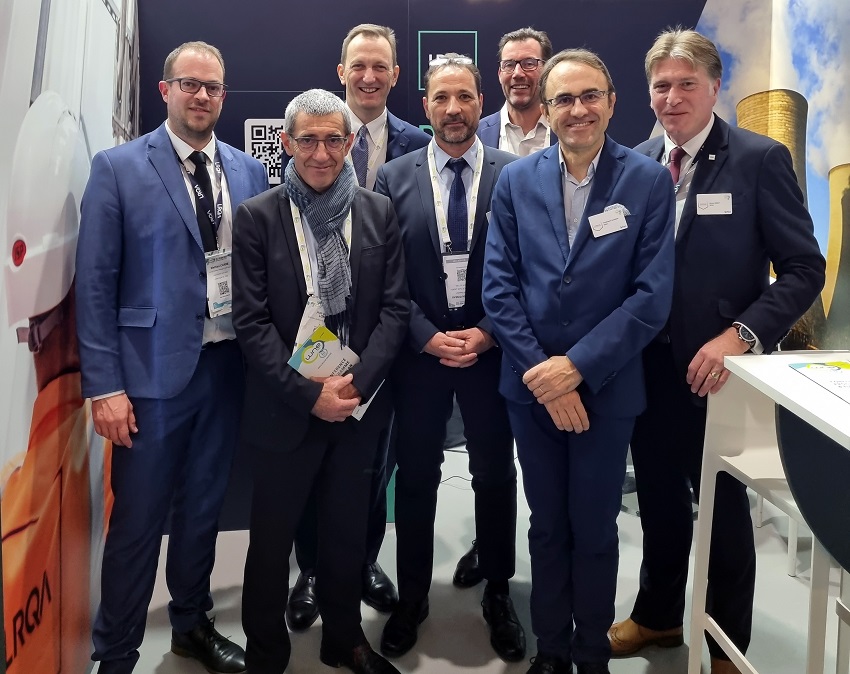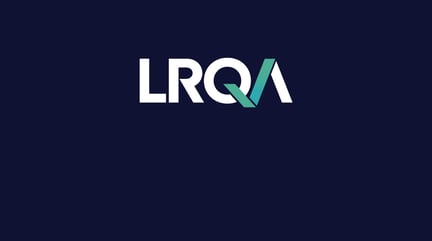As the sun set on the World Nuclear Exhibition in Paris, and the COP28 climate change conference in Dubai began, it is clear that the global nuclear industry is at an exciting yet important juncture.
As the sun set on the World Nuclear Exhibition in Paris, and the COP28 climate change conference in Dubai began, it is clear that the global nuclear industry is at an exciting yet important juncture.
WNE Paris 2023 has offered a front-row seat to the dynamic discussions amongst industry leaders, providing a glimpse into the fundamental trends (below) steering the course of nuclear energy and revealing a commitment to addressing the challenges our clients face.
Advancements in technology: There were many passionate discussions surrounding advanced technologies in the industry, particularly small modular reactors (SMRs). At the event, the European Commission announced it is preparing to launch its industry alliance for small modular reactors in early 2024, highlighting the industry's commitment to safer, more efficient nuclear energy solutions.
Digitalization and cybersecurity: The fusion of nuclear power and digital technologies is inevitable and understandably, addressing the growing importance of cybersecurity was a priority for various event attendees. Ensuring robust cybersecurity measures is paramount. The industry's collective focus on safeguarding nuclear facilities against cyber threats emerged as an underpinning theme.
Waste management: Responsible and sustainable practices are non-negotiable as we navigate the post-operational phase of nuclear facilities. The industry has a clear dedication to our environmental effect, and it was good to see this on the agenda throughout the event and in evolving strategies.
Global dedication to a future with nuclear energy: There was a clear emphasis on international collaboration and commitment to fostering partnerships for shared success. The challenges we face are global, and so must be our solutions.
Attendees were also excited about the Nuclear Industry Pledge, a groundbreaking initiative launched by the World Nuclear Association at the COP28 climate change conference. The pledge was crafted in collaboration with leading governments and industry players and outlines a shared vision to triple global nuclear energy capacity by 2050.
As we reflect on WNE Paris 2023, it's evident that there is a shift in perception of nuclear energy and that the industry is not just adapting to change but actively shaping a future that prioritizes safety, innovation, collaboration, and sustainability.

LRQA attendees at WNE in Paris. From left to right: Mathieu Carré, Jean Philippe Longin, Ian Spaulding, Vincent Boutineau, Simon Payne, Christophe Gasquet and Simon Emeny

